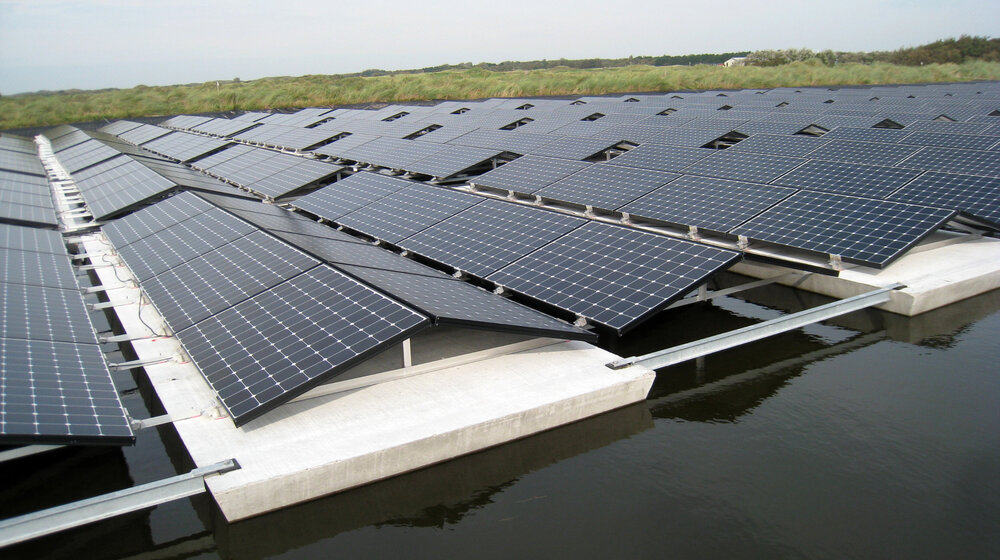After the government decides to save a milestone in the 300 MW floating solar power project in Tarbela-Ghazi, Pakistan is on the path to a reduction in $ 300 million in privilege from the World Bank. The Ministry of Energy removed the project from the country’s 2025-2035 Power Generation Plan, and effectively canceled that experts have described the game as a renewable energy initiative.
Despite years of feasibility studies, prayer processes and final selection of contractors, the project has been abolished due to failure to secure the ministerial support of the water and power development authority (WAPDA).
The floating solar plant presented only 2.98 cents per unit to one of the highest competitive rates in the region, making it more than 120 of Pakistan’s existing thermal generation units. It promises a strategic change towards clean energy with significant financial benefits: projects have indicated a possible annual savings of more than $ 72 million in foreign exchange and foreign exchange. Yet the long -term economic benefits were ignored in favor of short -term planning priorities.
The current hydropower infrastructure in Tarbela and Ghazi Baratha is located as a strategic strategic, the project will not require any additional transmission lines, thus minimizing implementation costs and delays. In addition, it offered the benefits of water protection by reducing the vapor from the water reservoirs, which is an important concern because the country is facing the intensification of water tensions and non -resolution of the water under Sindh’s water agreement with India. The project was also compatible with global climate goals and Pakistan’s credibility in the renewable energy sector could be significantly enhanced.
While shelter the move, Pakistan has lost more than just funds. The country has provided the opportunity to modernize its energy mixtures, to showcase low electricity costs for consumers, to remove aging thermal plants and seriously. The World Bank, which pledged to support the project under privileged terms, has already expressed its dissatisfaction. The constant threats of corruption have damaged relations with Pakistan’s international donors and discourage future investment in clean energy.
The decision is after a delay in Pakistan’s energy sector and instability. Although world powers move forward towards renewable integration, it seems that Pakistan reflects innovation, which is trapped in the interests of the institutional and interests involved in the interests. The Floating Solar Project can be a descriptive success for the country’s energy transfer. Instead, it stands as a lost opportunity with long -term results.

